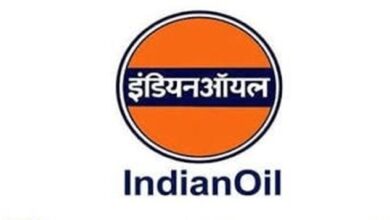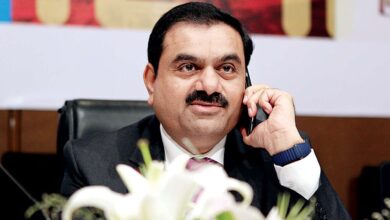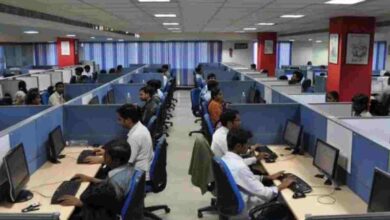Raising rates to fight inflation not ‘anti-national’: Raghuram Rajan

Raising interest rates to address inflation should not be considered as “anti-national” activity by politicians and bureaucrats, former RBI Governor Raghuram Rajan said Monday, underscored the importance of hiking rates in line with rest of the world.
“Inflation is up in India. At some point, the RBI will have to raise rates, like the rest of the world is doing,” he said in a LinkedIn post.
In March, retail inflation was at a 17-month high of 6.95 per cent, above the upper tolerance level of the RBI, while the wholesale price-based inflation rose to a four-month peak of 14.55 per cent, mainly due to rising of crude oil and commodity prices. “… politicians and bureaucrats will have to understand that the rise in policy rates is not some anti-national activity benefiting foreign investor, but is an investment in economic stability, whose greatest beneficiary is the Indian state,” he wrote.
Earlier this month, the RBI’s monetary policy committee kept borrowing costs unchanged at a record low for the 11th time in a row in a bid to continue supporting economic growth despite inflation edging higher. While the RBI raised the retail inflation projection for the current financial year to 5.7 per cent from the earlier forecast of 4.5 per cent, the benchmark interest rate was retained at 4 per cent.
Addressing criticism that higher rates held back the economy during his term, Rajan wrote that he became RBI Governor with a 3-year term in September 2013 when India had a full-blown currency crisis with the rupee in free fall. “Inflation was at 9.5 per cent then, the RBI raised the repo rate from 7.25 per cent in September 2013 to 8 per cent to quell inflation. As inflation came down, we cut the repo rate by 150 basis points to 6.5 per cent,” he wrote. “We also signed on to an inflation targeting framework with the government,” Rajan noted. While noting that these actions not only helped stabilise the economy and the rupee, he said between August 2013 and August 2016, “inflation came down from 9.5 per cent to 5.3 per cent”. “The RBI has since maintained low inflation and low interest rates through troubling times like the demonetisation, the fall-off in growth, and the pandemic,” he argued.






